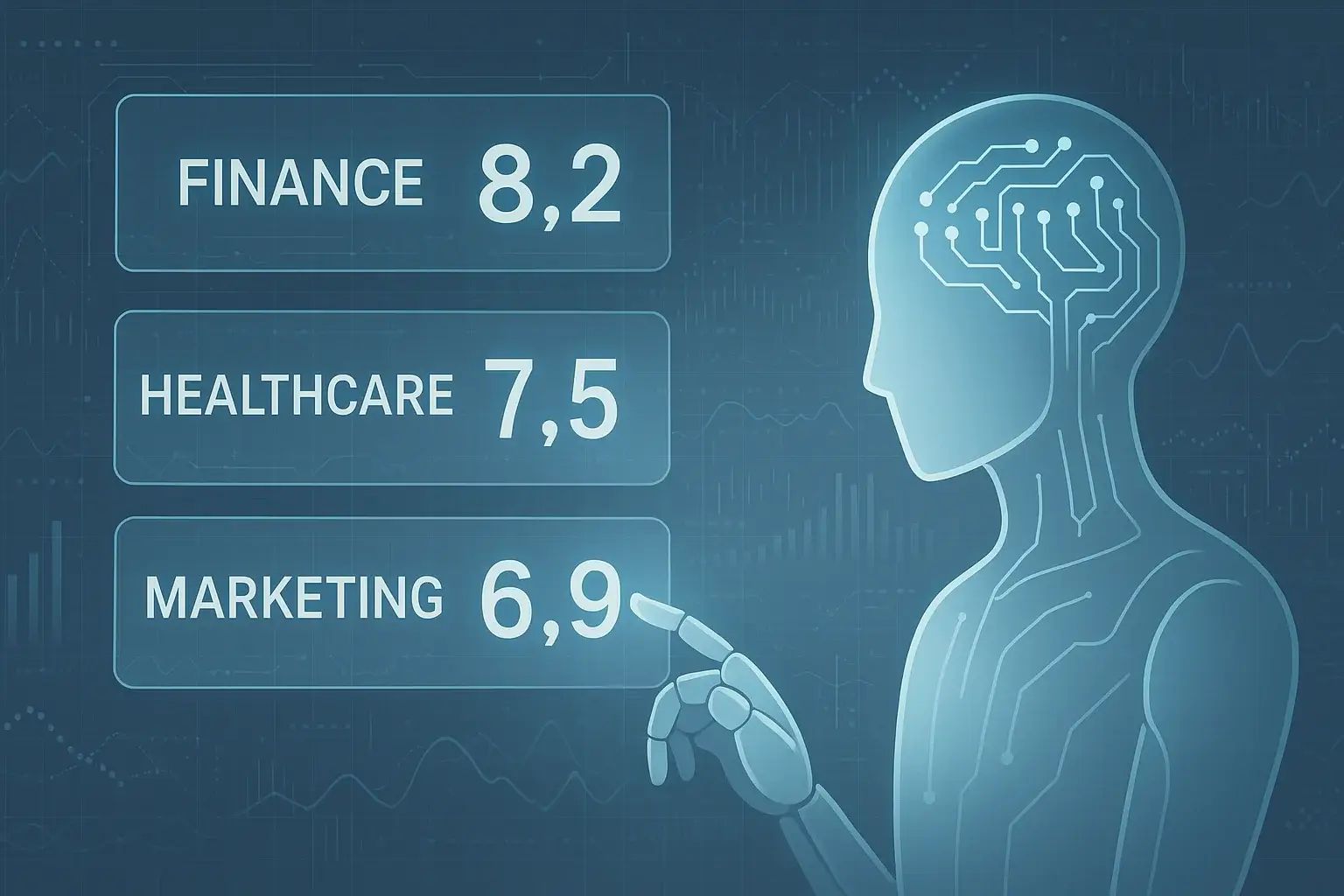What is Artificial Intelligence Scoring?
Artificial intelligence scoring refers to the process of evaluating and ranking entities, events, or decisions using algorithms and machine learning techniques. This method leverages vast amounts of data to provide insights that were previously unattainable through traditional scoring systems. AI scoring is increasingly being applied in various fields, including finance, healthcare, and marketing.
Applications of AI Scoring
In finance, artificial intelligence scoring is utilized to assess creditworthiness, allowing lenders to identify potential risks more accurately. In healthcare, AI systems can score patient data to predict possible health outcomes, enabling timely interventions. Moreover, businesses are using AI scoring to enhance their marketing strategies by identifying customer preferences and behaviors, leading to more effective targeting of their campaigns.
Want to see AI scoring in action? Check out our guide to using Python for AI in finance, with practical examples.
The Benefits and Challenges of AI Scoring
One of the primary benefits of artificial intelligence scoring is its ability to process vast datasets quickly, resulting in faster and more accurate decision-making. However, challenges such as data bias and ethical considerations must be addressed. Ensuring fairness and transparency in AI scoring systems is crucial to gain trust from users and stakeholders alike. Overall, while the benefits of AI scoring are significant, navigating its challenges will be essential for its effective integration in various industries.
To understand the ethical implications of algorithmic decisions, read our breakdown on Explainable AI and its impact on transparency
If you’re building your own AI model, don’t miss our step-by-step tutorial on building a neural network.
Looking for more foundational materials? Here’s our comprehensive guide to AI references.


1 thought on “Understanding Artificial Intelligence Scoring: A Comprehensive Guide”